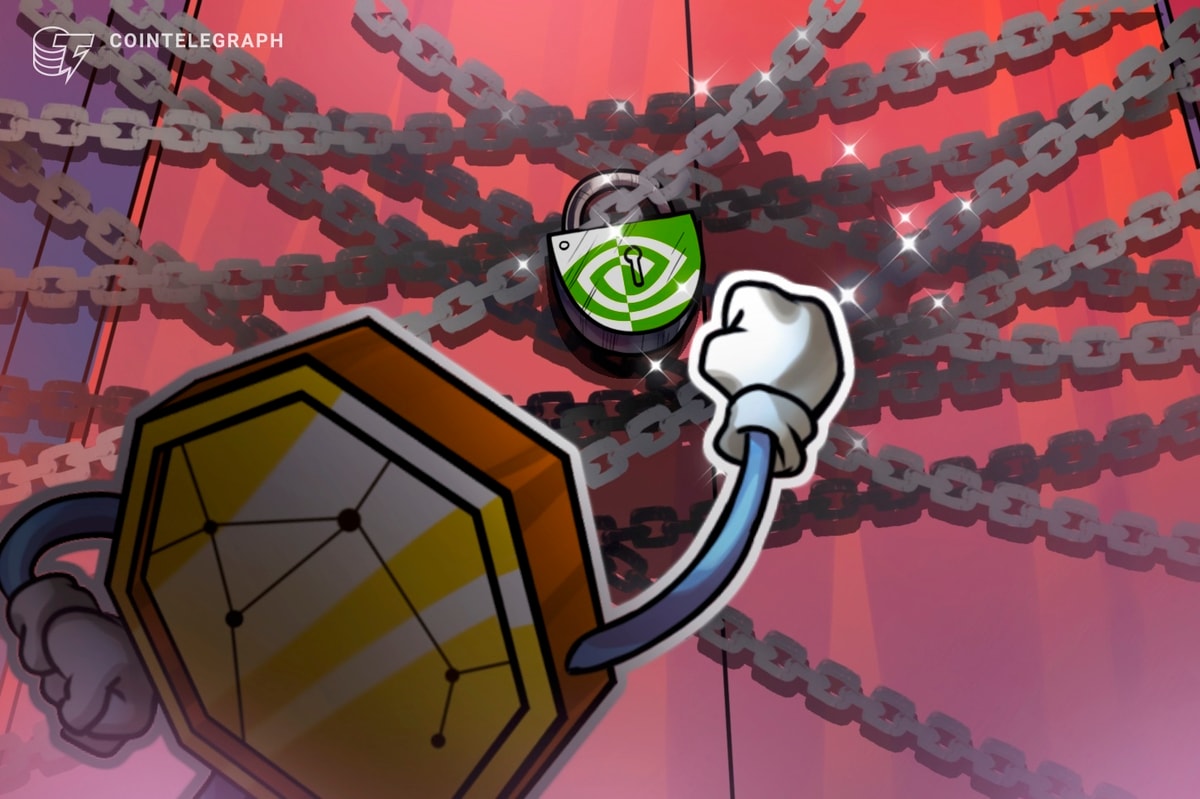After the analysis of the events that have happened during the previous year, it would be interesting to look back on the most interesting startups of the past 12 months. The ones, who have survived governmental attacks, black market affairs and even robberies of the century causing improbable price fluctuations, can hardly be named beginners, the experience collected has made them several years older. The biggest interest is provoked by ideas and business launched before the enormous rise of prices for the Bitcoin, the owners of the companies and developers who started their work before the level of 1000 dollars was hit are true heroes and role models. Cointelegraph has already reported about some initiatives, but now it is time to look back and choose some really extraordinary undertakings.
For the first review I have allowed myself to choose Kipochi as an interesting example on how to turn the situation in favor on an underdeveloped market. Allow, please, to make a small flashback on the company. The service was launched in Nairobi, Kenya on the 1st of July of 2013, just about six month ago. The idea was very simple – to make possible transactions of small amounts of Bitcoins (Millibits) with feature telephones and the current mPesa balance and network. mPesa itself is a household name in the country, as the amount of bank accounts is relatively small comparing to the overall amount of inhabitants. The service itself is free to install and use, but mPesa, the local exchange, that searches for available amounts of Bitcoin to provide the users upon request, both have fees to be paid.
Generally the transfer is very easy – in form of an SMS and a row of commands with a massaging input, but the acquisition of funds is a more complicated process. The deposit is done with funds on the mPesa network, the exchanger provides the Bitcoins, but they are stored on the Kipochi servers under protection of a 34-character alphanumeric line assigned to a request. The company is represented by Pelle Braendgaard.
Today, the experts confirm the success of the company. Similar services are being built on their experience, among them 37coins. The statistics of the country report that the amount of people owning a cell phone and a number has risen from 2,3% to 77,3% during the last quarter of the 2013. Almost all of them are mPesa users, but many – prefer transfers in the cryptocurrency. Speaking absolute numbers the population of the territory is higher than 43 million people. Mr. Braendgaard was able to recognize the potential early enough.
Pelle Braendgaard is ready to make a report on his work at The Cash Handling Show Africa 2014. His topic is “How trends and innovations are changing the face of virtual payments”. In case, dear reader, You doubt some facts listed in this article, please, fell free to convince Yourself by the initial presentation.











